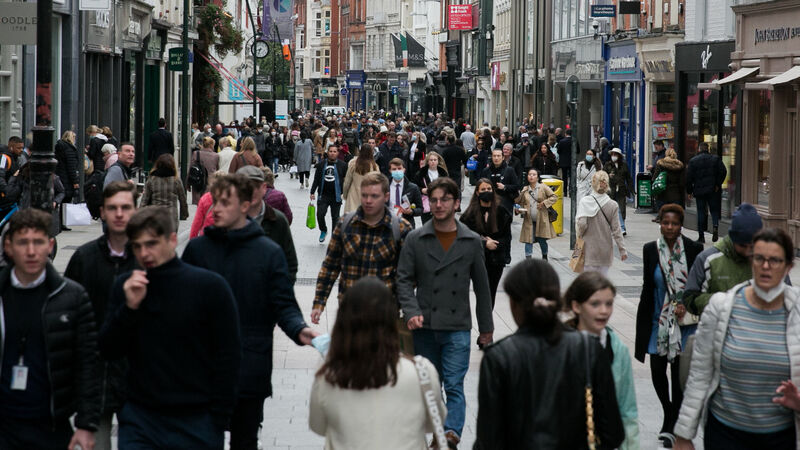Jim Power: Spend surplus on infrastructure not populist cost of living measures

The latest Exchequer returns demonstrate once again that Ireland is a ‘mean, lean, green tax-generating machine’. Picture: Gareth Chaney/Collins Photos Dublin
Inflation continues to dominate economic discourse around the world, and with good reason.
Last week we saw inflation in May hit a new high of 8.1 per cent in the Euro Zone. The annual rate of price increase is running at 20.1 per cent in Estonia, but a rate of 8.7 per cent in Germany must be causing considerable indigestion. Not surprisingly, energy continues to be the biggest driver of price pressures across the euro area, with an annual increase of 39.2 per cent in energy costs in May, up from 37.5 per cent in April.











